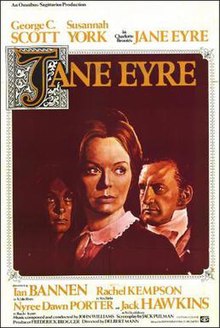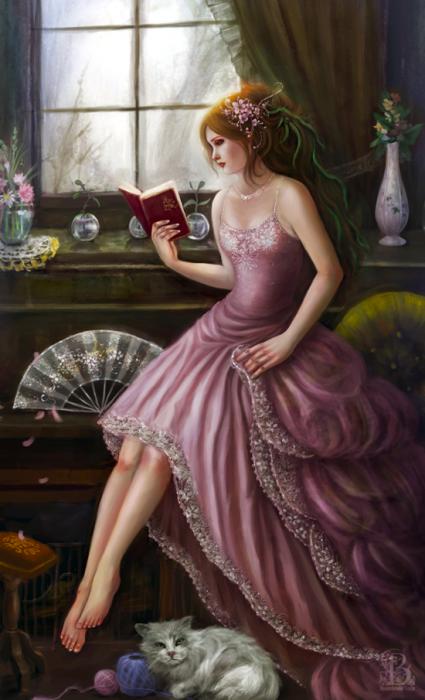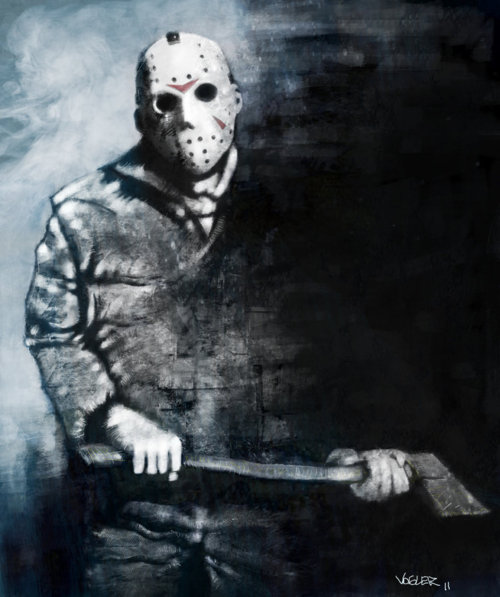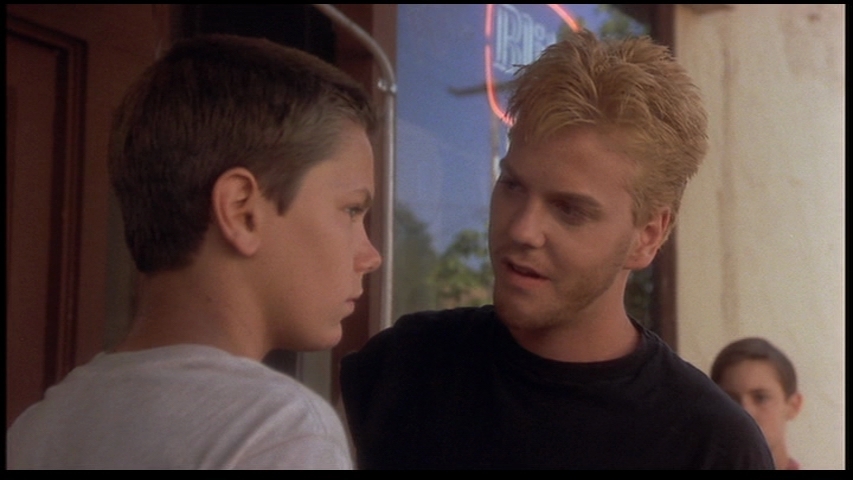When I was taking a sociology
class during freshman year, my professor asked each of us what had drawn us to
sociology. Most of us said it was mandatory, some were interested in the
subject, one kid said his friends had raved about how hot my professor was. She
smiled and replied, “Whatever gets you here.” I think a similar logic applies
when you’re writing a story. Writing consistently is a hard thing to do and
sometimes I find myself avoiding even a work I adore. So here are some ideas to
stay motivated:
1. Decide a Limit
Decide
the amount of words you’ll write every day and stick to it. This is the best
type of motivator because it gives a concrete record of your efforts. Avoid a
vague parameter like “I will complete a chapter a day” because your chapter
could be two pages long or two hundred. Take something definite like “I will
write five pages per day.”
The
biggest mistake you can do is make an unrealistic goal. Don’t be bothered if
people recommend writing 5,000 words a day and you’re comfortable with 500. You
are your own unique person and no one else’s style is going to work for you.
2. Mark Down Your
Achievements
I have
a little word chart which I fill out at the end of every day:
Date
|
Targeted Word Count
|
Targeted Total Words
|
Accomplished Count
|
Total Story Words
|
19. March
|
3,000
|
3,000
|
2,579
|
2,579
|
20. March
|
3,000
|
6,000
|
3,098
|
5,677
|
21. March
|
3,000
|
9,000
|
3,423
|
9,100
|
The
best part of this chart is that I can see where I slacked off and then make up
for it later. Plus, you can even set up a little reward system if that helps.
*Remember
that such a word limit is really just to show you how you’re doing, if you go a
little above or below the limit, don’t worry about it.
3. Music
 Some
people prefer to work in silence and that’s fine, but let me share my
experience about the importance of music. When I’m working on a story,
sometimes I find that a song in my library fits a particular scene or character
perfectly. This helps trigger the mood that needs to go in writing that scene.
For example, when I write sad scenes, I’m usually in a good mood. So I switch
on “Hamlet Walks the Plane,” and let the music work its magic. Try it.
Some
people prefer to work in silence and that’s fine, but let me share my
experience about the importance of music. When I’m working on a story,
sometimes I find that a song in my library fits a particular scene or character
perfectly. This helps trigger the mood that needs to go in writing that scene.
For example, when I write sad scenes, I’m usually in a good mood. So I switch
on “Hamlet Walks the Plane,” and let the music work its magic. Try it.
This
is a personal quirk, but it might work for you. Sometimes when I’m listening to
songs, I start playing out scenes of my story against the song like a music
video. Seeing a visual reinforcement of your story can really help you out.
Then, again, I’ve never heard of anyone else using this method, so I won’t
swear by it. But who knows? Maybe it’ll work for you, maybe I’m starting a
revolution!
4. Adore Your
Characters
 |
While I don't "adore" Claudia,
I do think she's very pretty,
and I needed a pretty visual in
my head for the heroine of my
story.
|
You
and your characters are sharing the same space, so if you don’t get along, it’s
going to be like sworn enemies trapped in a cave. Here’s silly trick that I
used for my last story. I was rewriting a classic so the characters had already
been defined by the real author. This made me feel rather distant from them and
for a while, I didn’t have any internal enthusiasm towards them because I hadn’t
created them. So, I started imagining my favorite actors as those characters. Naturally,
my enthusiasm skyrocketed. As long as you aren’t actually “soul plagiarizing”
some real life person, it’s acceptable to have a vested interest in your character.
As my sociology professor said, “Whatever gets you here.”
5. Daydream A
Little
I’m guessing
that you have dreams of making the NY Bestsellers list. Use that. A great way
to pick yourself up after a slump is to imagine your book being a success.
Heck, in dream world, it can get turned into a movie and your favorite
actor/singer/football player will be so impressed by it that they will track
you down, tell you how much your book impacted their life, and eventually ask you
to marry them (and no, I’ve never actually dreamt that far).
As
long as your dreams aren’t clouding your actual achievement, it’s fine to
encourage yourself with a promise of the future.
6. Force Someone to
Encourage You
I
suggest this point as a last resort, I’ll explain why later.
If you’re
desperate, pick the passage or page (not more) that you’re most proud of and
show it to a friend who you know won’t trash it. Sometimes a hearty praise is
what you need to hear. After all, you wouldn’t be writing this book if you didn’t
want others to read and like it.
Warning: It is my sincere
request not to dump your stories on some friend/relative every day and punish
them because they are tolerant. The reason I say this is because I’ve been that
friend/relative often enough. Unless you’re T.S. Elliot, chances are the draft
you are working on right now isn’t your magnum opus. Our sense of
accomplishment can blind us to the crap our work actually is, but that doesn’t
mean the rest of the world is blind. I know that sounds harsh but if you want
to keep your friends (and their respect), you’ll take my advice.
7. Know When to
Quit
 There
are enough quotes, clichés, movies about winners and quitters, but the truth is
you should know when to quit. I’m not saying quit forever, but take heed of
warnings when your mind is saying it just can’t go any further.
There
are enough quotes, clichés, movies about winners and quitters, but the truth is
you should know when to quit. I’m not saying quit forever, but take heed of
warnings when your mind is saying it just can’t go any further.
After
I finished my first draft of my story, I felt like I was okay with abandoning
it forever. I knew this wasn’t an option so I continued for one tortured week
before I had burnout. Now, a month later, after not having looked at it,
thought about it, talked about it, I’ve rediscovered its charm and am ready to
take it up again.
If you
start to associate your story with fatigue and hatred, what’s the point? Yes,
writing is hard, but it’s also supposed to be fun. So when it stops becoming
fun, put down your pen and throw your plot completely out of your mind.
 Subplot should not be confused with a
separate story thread. Sometimes a book will have two separate stories that may
end up intertwining at the end. Jacobean plays like The Changeling always have a second story that goes its own way until the end.
Subplot should not be confused with a
separate story thread. Sometimes a book will have two separate stories that may
end up intertwining at the end. Jacobean plays like The Changeling always have a second story that goes its own way until the end.


































